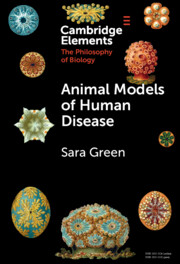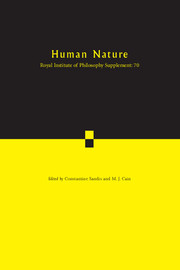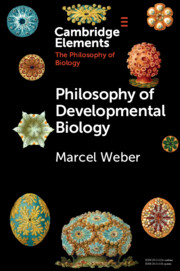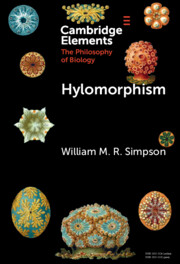Animal Models of Human Disease
The crucial role of animal models in biomedical research calls for philosophical investigation of how and whether knowledge about human diseases can be gained by studying other species. This Element delves into the selection and construction of animal models to serve as preclinical substitutes for human patients. It explores the multifaceted roles animal models fulfil in translational research and how the boundaries between humans and animals are negotiated in this process. The book also covers persistent translational challenges that have sparked debates across scientific, philosophical, and public arenas regarding the limitations and future of animal models. Among the are persistent tensions between standardization and variation in medicine, as well as between strategies aiming to reduce and recapitulate biological complexity. Finally, the book examines the prospects of replacing animal models with animal-free methods. The Element demonstrates why animal modeling should be of interest to philosophers, social scientists, and scientists alike.
Reviews & endorsements
‘This book is an invaluable resource for anyone interested in animal modeling from a philosophical perspective. In addition to posing interesting questions, it provides the reader with an objective overview of the contemporary philosophical debates in the field. It is both readable and clear, and it also touches on some very different and original examples.’ Héloïse Athéa, History and Philosophy of the Life Sciences
Product details
May 2024Hardback
9781009507318
90 pages
235 × 159 × 10 mm
0.27kg
Available
Table of Contents
- 1. Introduction
- 2. Animals as models of human disease
- 3. Balancing standardization and variation
- 4. Animals as patient substitutes
- 5. Beyond disease representation
- 6. The status and future of animal models
- 7. Wrapping up and looking ahead
- Reference.






